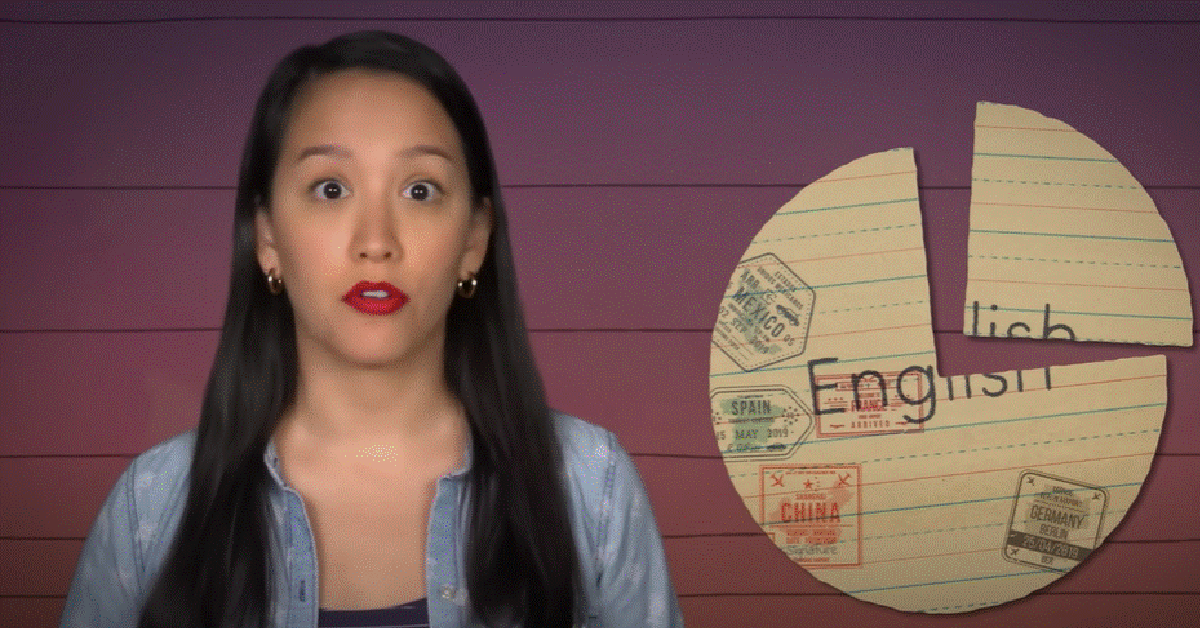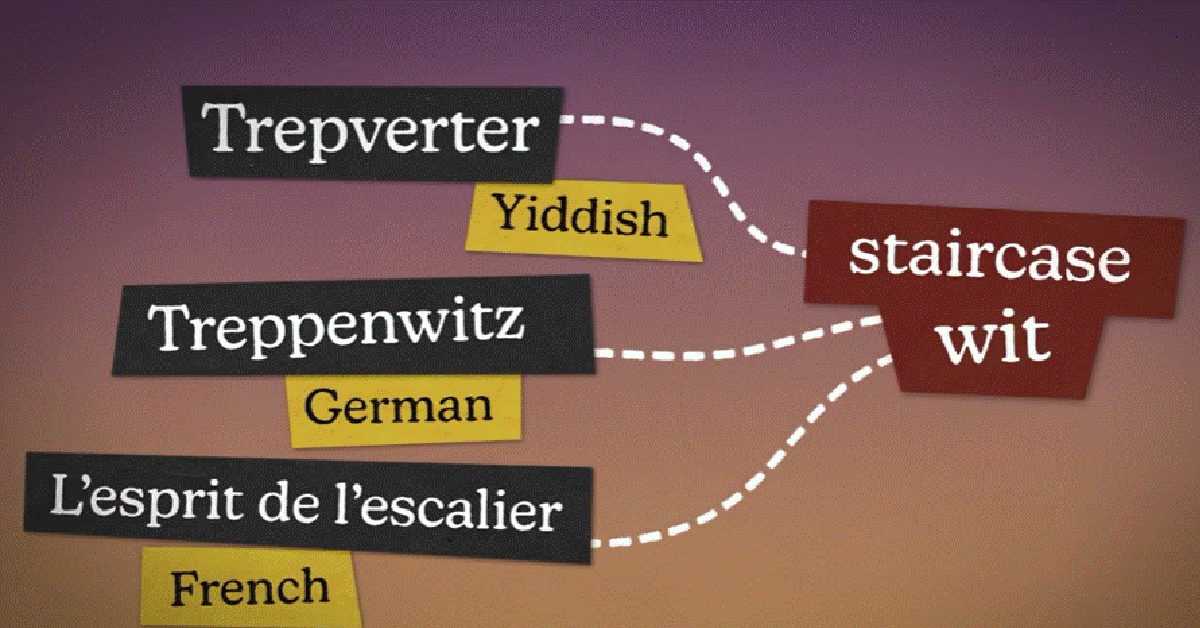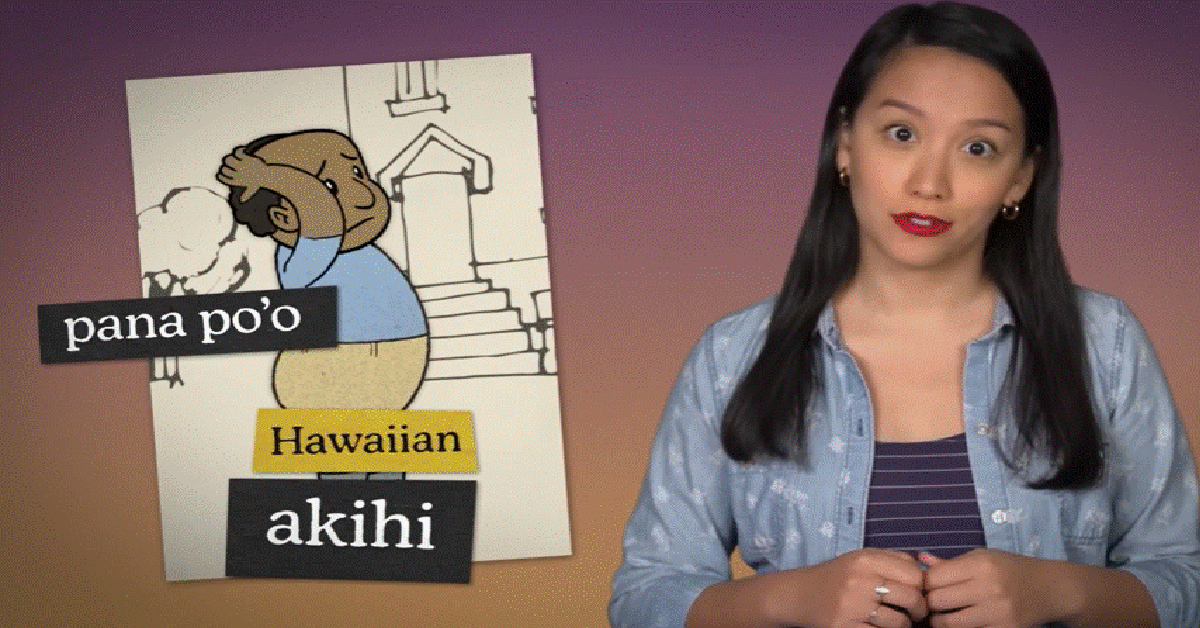When it comes to language, English is not always one that receives the highest marks. Sure, it’s possible to communicate but when you compare it with other languages, you begin to realize that it falls short in many ways.
That fact was illustrated in a very nice way by means of a video. It is from PBS and is part of the series, Otherworlds.

It takes a look at some of the different languages in use around the world and how the expressive words those languages have available simply do not exist in the English language.
In some cases, the word may be to describe the way that a person feels or perhaps experiences they may have. In other cases, it could be something as simple as having a more descriptive word for our maternal or paternal grandparents.

Sometimes, it can be difficult to express ourselves properly when we don’t have a word that quite captures the meaning of what we’re trying to say.
A good example of this is the German word “schadenfreude.” That word is used to describe the enjoyment we may have when other people experience problems. That is only one of the many examples offered by the host, Dr. Erica Brozovsky, PhD.

You might even be surprised to learn that there are more words in the English language than in many other languages. At the same time, however, there are many things that are familiar to us and we just don’t have the proper way to express ourselves through English. Those words do exist in other languages, so perhaps there should be some middle ground.
Check out the video below to learn more:













